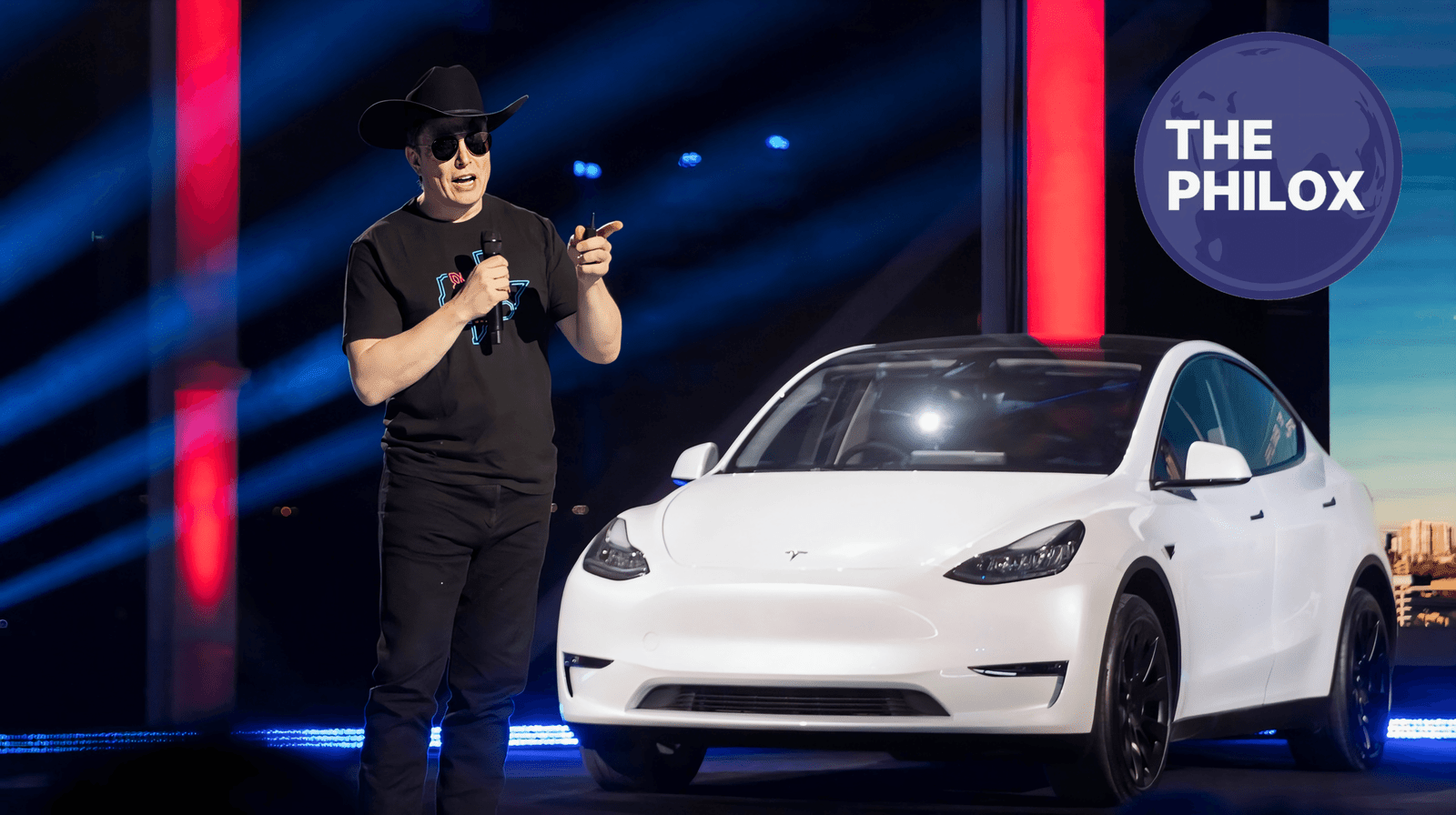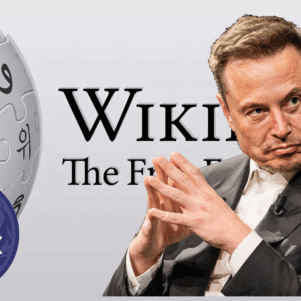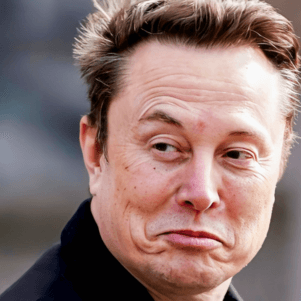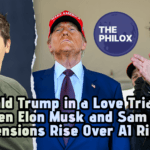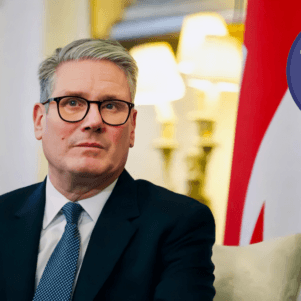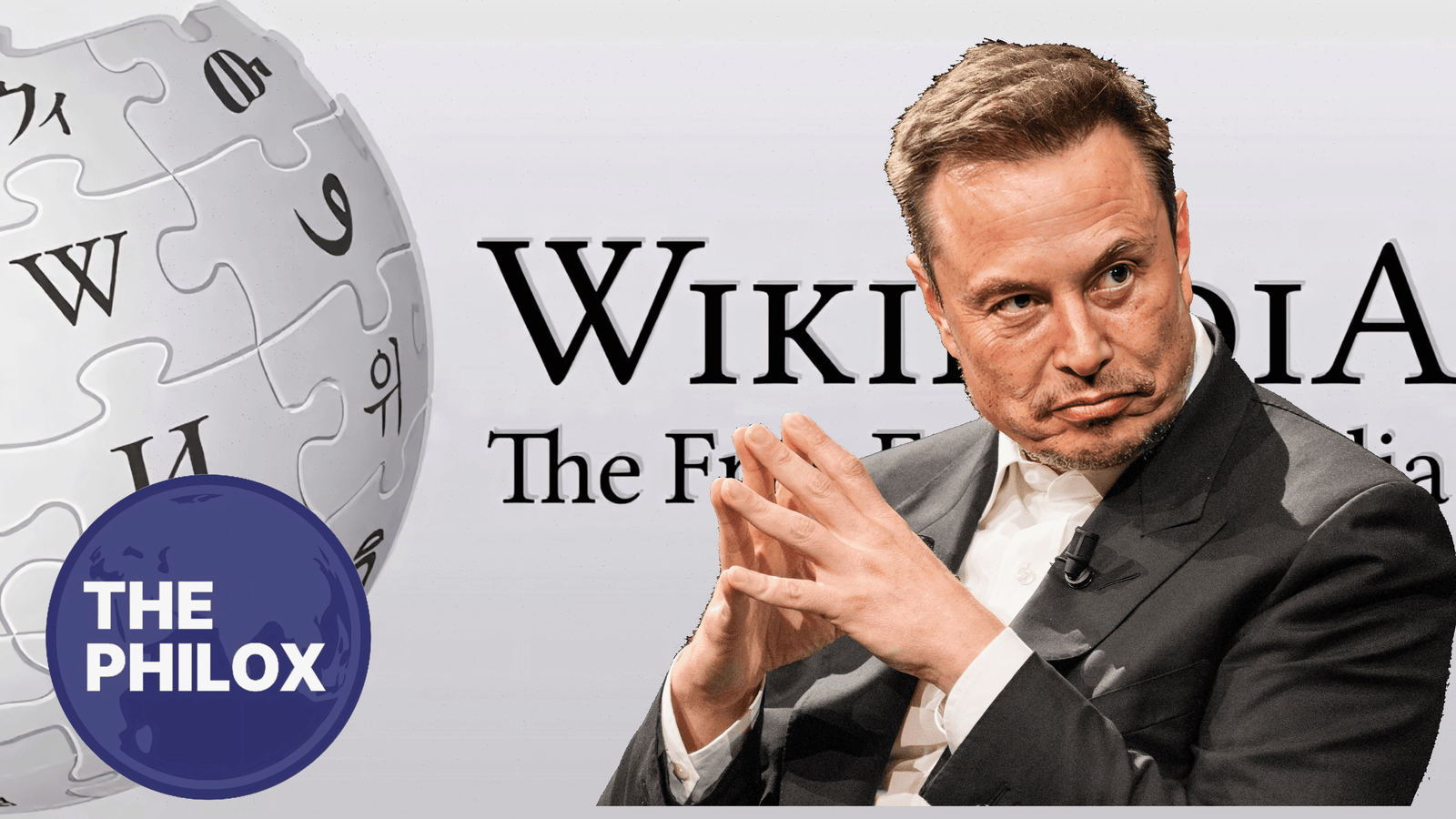With electric vehicles (EVs) poised to shape transportation going forward, the global automotive sector is seeing a dramatic makeover. While conventional manufacturers like Nissan are trying to stay up with this shifting terrain, Tesla has become the major actor. New reports suggest that a group of Japanese business heavyweights have suggested that Tesla act as a possible investor in Nissan following the abortive merger between Nissan and Honda.
While conventional Elon Musk Tesla Plans Nissan Buyout After Honda Deal Falls Apart
New reports suggest that a group of Japanese business heavyweights have suggested that Tesla act as a possible investor in Nissan following the abortive merger between Nissan and Honda.
This development begs several issues regarding Tesla’s prospective interest in acquiring Nissan’s assets, especially including its American production facilities.
Such an action might help businesses as well as change the dynamics of competitiveness in the worldwide EV market.
Elon Musk has rejected any such intentions, though, which leaves up opportunity for conjecture over future directions.
This paper looks at the background of Nissan’s failed Honda merger, the reasons behind Tesla’s possible participation, and the wider consequences for the sector.
The fall from grace of the Nissan-Honda merger
Nissan and Honda said in December 2024 that they intended to combine to form a joint holding company by 2026. Pooling resources, cutting expenses, and bolstering their position in the ever-competitive EV industry were objectives.
But two months later, in February 2025, the negotiations broke down over differences between the two automakers.
main Causes of the Failure
Leadership Conflicts: Honda apparently aimed to have Nissan a subsidiary instead of an equal partner, which Nissan fiercely objected to.
Corporate Integration Difficulties: The businesses battled to agree on how to combine their activities and keep their own brand identities.
Financial Issues: Honda was dubious about bearing Nissan’s debt and diminishing sales weight.
Strategic Differences: Nissan and Honda had differing ideas for the evolution of EVs, especially with relation to platform sharing and battery technologies.
Nissan is still dedicated to identify a strategic partner to boost its EV capability even when the deal fails. Here is where Tesla finds relevance.
Proposal from Japan: Tesla as an Other Investor
A group of powerful Japanese people has apparently advised Tesla to make investments in Nissan even if the merger between Nissan-Honda is off the agenda. Former Tesla board member Hiromichi Mizuno and former prime minister Yoshihide Suga make up this group.
Motives Driving the Proposal
Stopping a Hostile Takeover: Nissan’s financial situation renders it open to outside acquisitions. Securing Tesla’s investment will enable Nissan to keep some degree of autonomy while acquiring access to desperately required resources.
Partnering with Tesla will help Nissan hasten its shift to an all-electric lineup and raise its worldwide market competitiveness, hence strengthening Japan’s EV industry.
Improving Tesla’s presence in Asia: Should Tesla make investments in Nissan, it would acquire a more commanding presence in the Japanese market and profit from Nissan’s Asian supply network.
According to reports, one of the main features of this suggested alliance would be Tesla’s possible purchase of Nissan’s American production facilities.
Why Might Tesla Show Interest in Nissan’s American Manufacturing Sites?
Two main assembly facilities of Nissan are located in Canton, Mississippi and Smyrna, Tennessee. Although these plants can generate more than a million cars yearly, their output has dropped dramatically recently.
Advantage for Tesla
Rapid expansion of Tesla means that securing Nissan’s underused facilities will enable it to meet rising demand without building new factories from ground up.
Faster Market Expansion: The plants are positioned with purpose for North America as well as overseas markets.
Access to Skilled Labor: Nissan’s current employees could help Tesla since they have experience in vehicle manufacture.
Reduced Investment Costs: Tesla might make use of Nissan’s facilities for a fraction of the cost instead of investing billions building new Gigafactory.
Notwithstanding these benefits, Elon Musk has openly underlined that he prefers to develop his own state-of- the-art factories, therefore downplaying the possibility of acquiring Nissan’s U.S. facilities.
Possible advantages of a cooperation between Tesla-Nissan
Should Tesla make investments in Nissan, both businesses would gain rather greatly.
Financial Stability: Tesla’s contribution might enable Nissan to fund next EV initiatives and bounce back from its financial woes.
Technology Sharing: Nissan might be able to obtain Tesla’s innovative self-driving technologies and battery.
Strengthening of the market: a cooperation with Tesla might help Nissan rebuild lost market share and enhance its image.
Manufacturing Expansion: Purchasing Nissan’s facilities will enable Tesla to rapidly grow output.
Nissan’s worldwide supplier chain could enable Tesla to streamline its manufacturing techniques.
Diverse Product Portfolio: Tesla might use Nissan’s car models to enter new markets including reasonably priced electric vehicles.
Such a cooperation would not be without hazards, though, including possible legal obstacles and cultural incompatibilities between the two firms.
Effects on the Automobile Sector
Should Tesla make investments in or acquisitions of part of Nissan, the effects on the sector might be significant.
1. Enhanced Competition
A Tesla-Nissan alliance may put extreme pressure on venerable automakers like Toyota, Volkswagen, and Ford to hasten their EV plans.
2. Quicker EV Acceptance
Given Tesla’s inventiveness and Nissan’s worldwide presence, the shift to electric cars could quicken and make EVs more within reach and reasonably priced.
3. Consolidation of Industry
Should Tesla’s partnership with Nissan be successful, other manufacturers might look for like agreements to stay competitive. Increased mergers and acquisitions in the sector could follow from this.
Tesla’s Acquisition Record:
Strategic purchases in past times have enabled Tesla to increase its capacities.
In order to combine solar energy with its EV ecosystem, Tesla bought SolarCity in 2016.
Maxwell Technologies (2019) enabled Tesla to enhance its battery technologies by means of purchase.
Should Tesla make investments in Nissan, the process of purchasing strategic assets to bolster its position in the market would be same.
Difficulties and Inaccuracies
Even with the possible advantages, a Tesla-Nissan agreement is hampered in various ways:
Elon Musk’s Reluctance: Musk has cast questions on Tesla’s real interest after discounting claims of a Nissan investment.
Regulatory Hurdles: Regulators, especially in Japan and the United States, could scrutinize a cooperation between Tesla and Nissan.
Cultural Differences: Tesla and Nissan have somewhat diverse business cultures, which could complicate teamwork.
In summary,
Particularly following Nissan’s abortive merger with Honda, the concept of Tesla investing in Nissan has attracted a lot of interest. Elon Musk’s denial of these assertions clouds the picture even if the possible advantages are evident.
Even if Tesla does not make investments in Nissan, the scenario emphasizes the difficulties conventional manufacturers have adjusting to the EV revolution. While Tesla will always rule the sector with or without this purchase, Nissan will have to find other means of ensuring its survival.
Partnerships, investments, and strategic acquisitions will be very important in determining the direction of transportation as the automotive scene changes.
Stay Connected and Share Your Stories
For all those inspired by stories of resilience and ambition, follow us on X/Twitter and on Instagram . For those with untold stories that you would love to share, please send them to contact@thephilox.com
